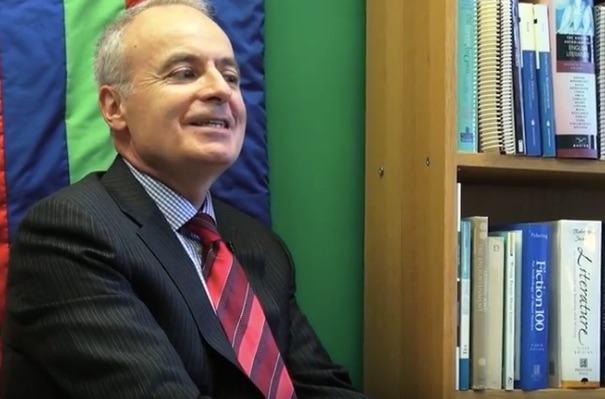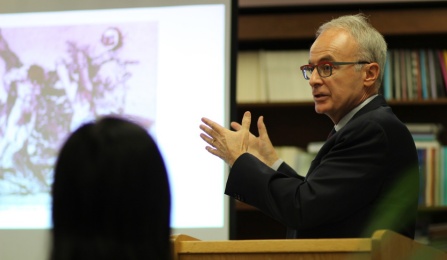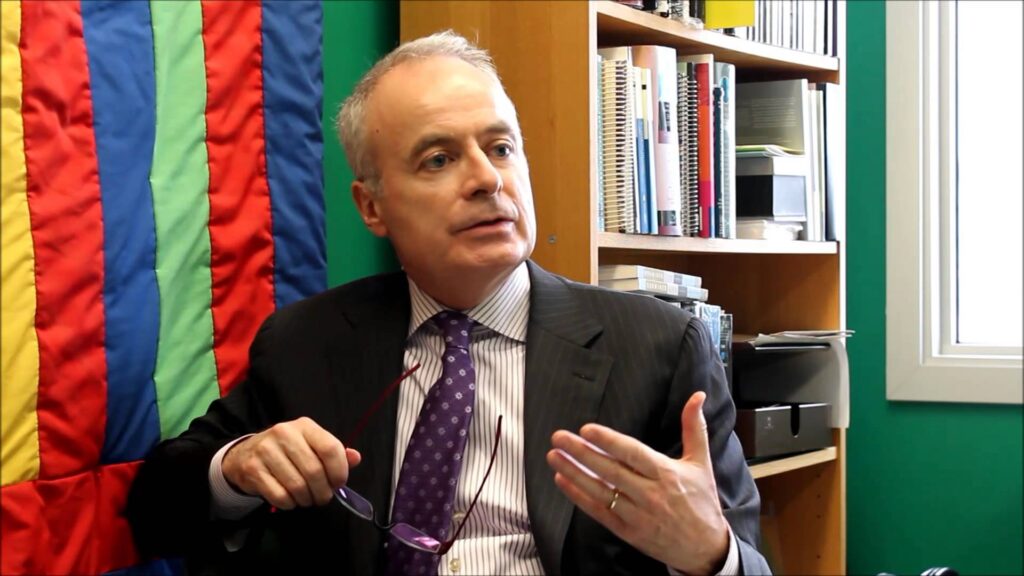Graduate and Undergraduate Thesis Supervision
M.A. and Ph.D. Projects
In addition to my desire to create informed and unsettling classroom experiences for my undergraduate students, I am committed to fostering a rigorous and capacious educational environment for students enrolled in our graduate program, an environment quickened by critique, responsibility, and academic professionalism. I warmly welcome M.A. and Ph.D. research projects that produce or explore connections between different disciplines, discourses, and objects of analysis. Of particular interest to me are projects that address the following concerns: questions of embodiment, subjectivity, responsibility, mourning, animality; contemporary critical theory, especially its intersections with Enlightenment and post-Enlightenment philosophy; German idealism as a site of theorization about affect, desire, and loss; representations and politics of health and illness.
I especially welcome students who are working with critical theories and cultural archives from a wide range of historical periods leading up to the present day. In other words, I want to recognize and affirm the critical power and conceptual significance of critical theory developed before–as well as during–the twentieth and twenty-first century.
Moreover, because contemporary critical theories are deeply informed by their historical antecedents, I encourage research that explores the links joining what is imagined to be the “present” to what is imagined to be the “past.” How do current critical theories help us re-read earlier interrogations of and negotiations with analogous questions and problems? And how does this historical archive provide a new optic through which to consider today’s complexities? How to write what Michel Foucault calls “a history of the present”? To get a sense of the range of subjects explored by graduate students who have worked and are working with me, please see my graduate supervision below.
In 1996 I received the President’s Award of Excellence in Graduate Supervision, an award for which I was also short-listed in 2002. From 2001 to 2005 I was a member–and then co-chair–of the Appraisal Committee (Section II) of the Ontario Council of Graduate Studies, the body that overlooks the quality of graduate education in all of the province’s graduate programs. In 2006-7, I was chair of Section V–the committee devoted exclusively to appraising new graduate programs.



Number completed: 31
Masters
Number completed: 13
Doctoral
Fellowships
Post-Doctoral
Undergraduate Supervision (Arts & Science Program)
- Helen Wu, The Haunting of Derrida and the Specter of Justice (2025-26)
- Jack Gillies, Voices of homelessness and Hamilton’s political (in)actions (2025-26)
- Sim Jolly, Facing Forests: A Levinasian Reading of Richard Powers’s The Overstory. (2024-25)
- Sofia Ferraro, Can You Hear the Music of Learning? (2024-25)
- Alisa Faingersh, Ten Secondary Level Lesson Plans on Cormac McCarthy’s The Road: Politics, Pedagogy, and the Difficult Knowledge of Climate Catastrophe (2023-24)
- Audrey Wu, Following Jacques Derrida’s The Animal That Therefore I Am (2022-3)
- Jessica Grondin, Words of Wisdom: Ten Secondary School Lesson Plans for the 21st Century (2021-22)
- Zoe Bernicchia-Freeman, Societal Perceptions of Disability: Deafness in Ontario (2021-22)
- Adrienne Klein, Hospitality Towards the Difficult History of the Holocaust: An Analysis of Poland’s 2018 amendment of the Act on the Institute of National Remembrance (2019-20)
- Tianqui Lei, Considerations on Freedom & the Role of the Academy: McMaster University’s challenge in responding to Dr. Jordan Peterson (2018-19)
